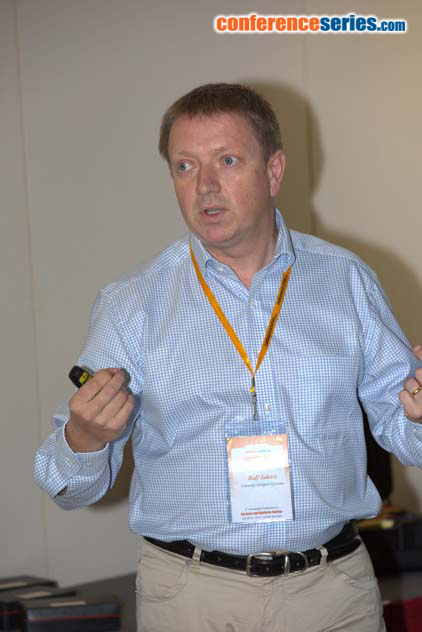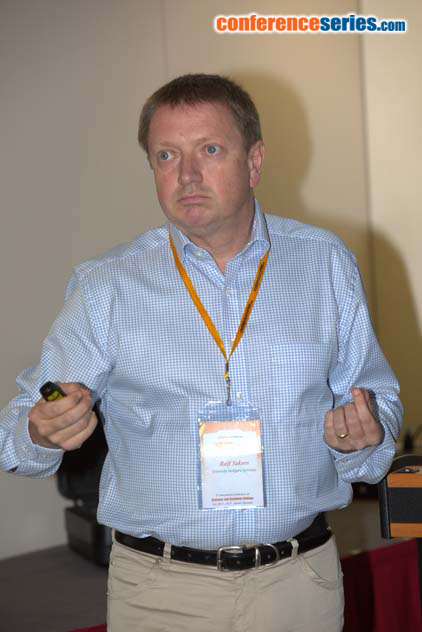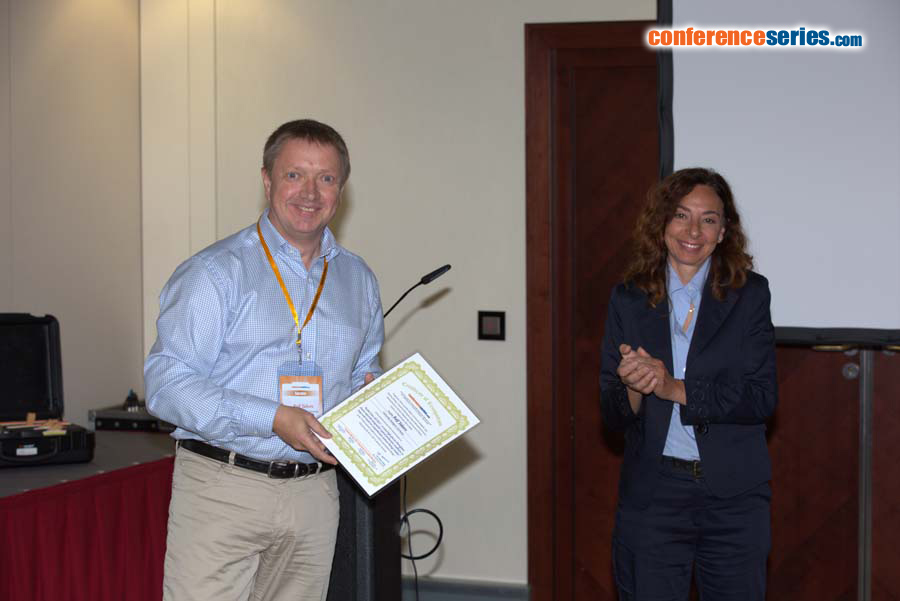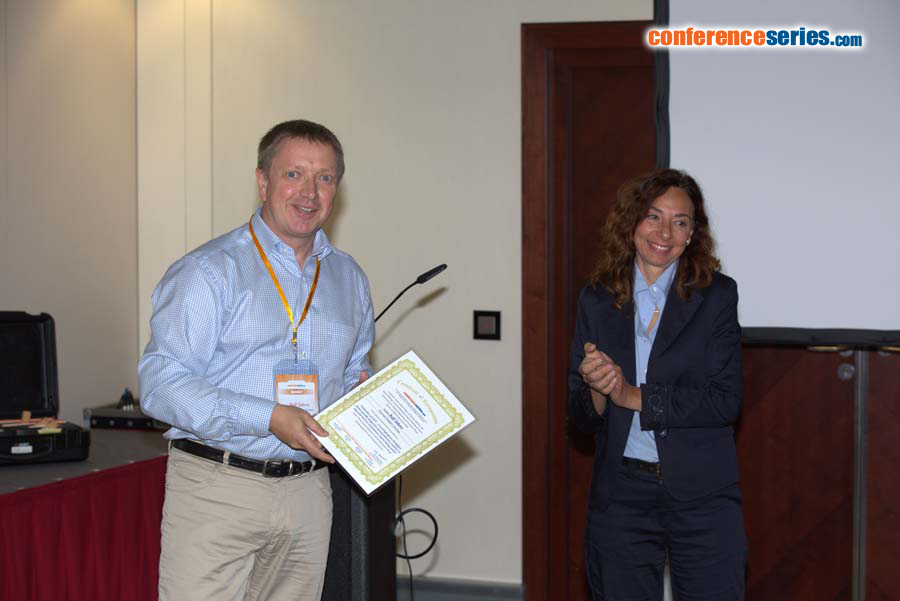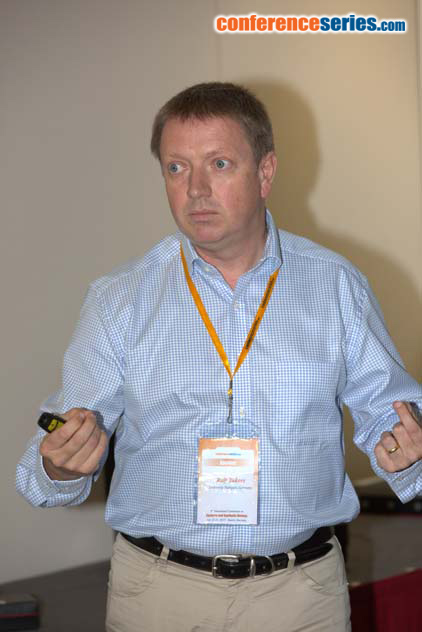
Ralf Takors
University Stuttgart, Germany
Title: Escherichia coli HGT – A novel high glucose throughput chassis especially designed for typical production conditions in large scale based on comprehensive systems biology studies
Biography
Biography: Ralf Takors
Abstract
Sooner or later novel processes with recombinant producers should find their way from the labs to large-scale fermenters to commercialize the product. However, successful scale-up is often hampered by harsh production conditions which expose the strains to frequently changing substrate supply due to technical limits of mixing. In a series of systems biology experiments, metabolic and transcriptional responses of E. coli to large-scale conditions were studied. Short- and long-term consequences of changing glucose and nitrogen availabilities were investigated. Applying typical mixing times of 110 seconds, more than 600 genes were found to be frequently up- and down regulated. Accordingly, cellular maintenance demands increased by 40 to 50% which was identified by measurements and by systems modeling and which created a list of gene candidates for smart genome reduction. ppGpp, the alarmone of stringent response, turned out to be protagonist of the observed regulation programs. Engineering of key genes of the stringent response together with modulations in central metabolism finally yielded E. coli HGT. The strain shows 10 fold increased glucose uptake rates (compared to the native maintenance demands) under resting or slow growth conditions which are a preferred production scenario. The surplus of glucose uptake is available as pyruvate to enable likewise utilization which is why E. coli HGT represents a novel chassis for the production of pyruvate derived products in large-scale.


